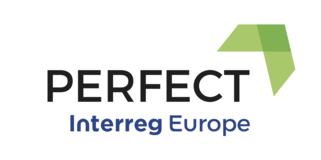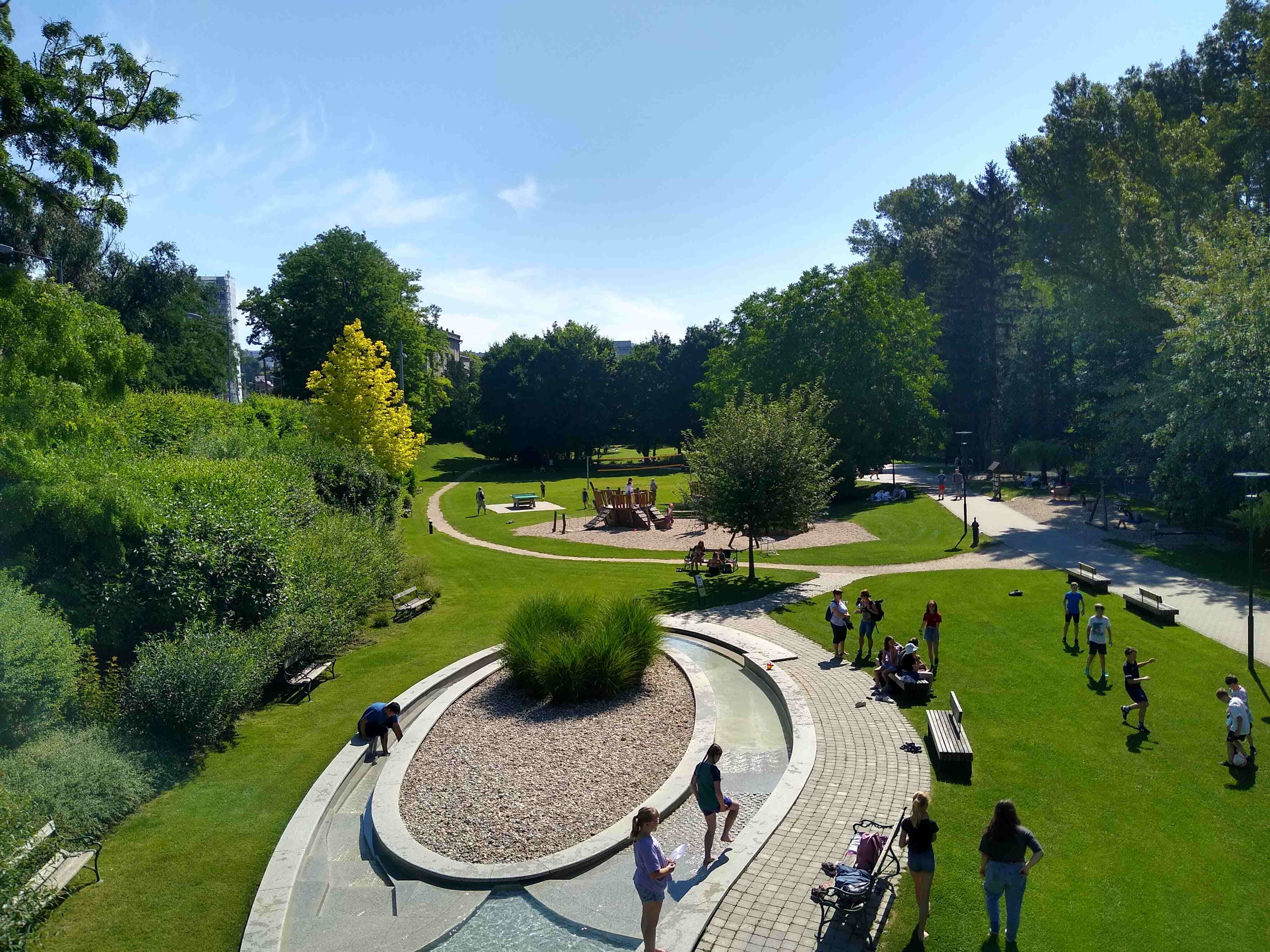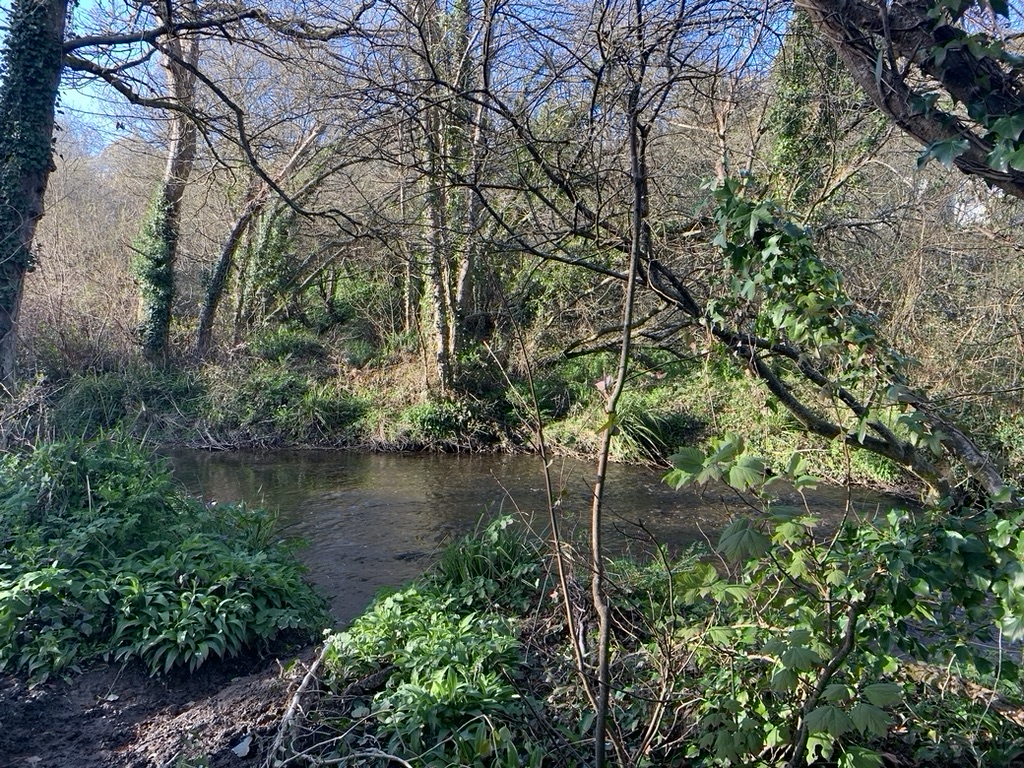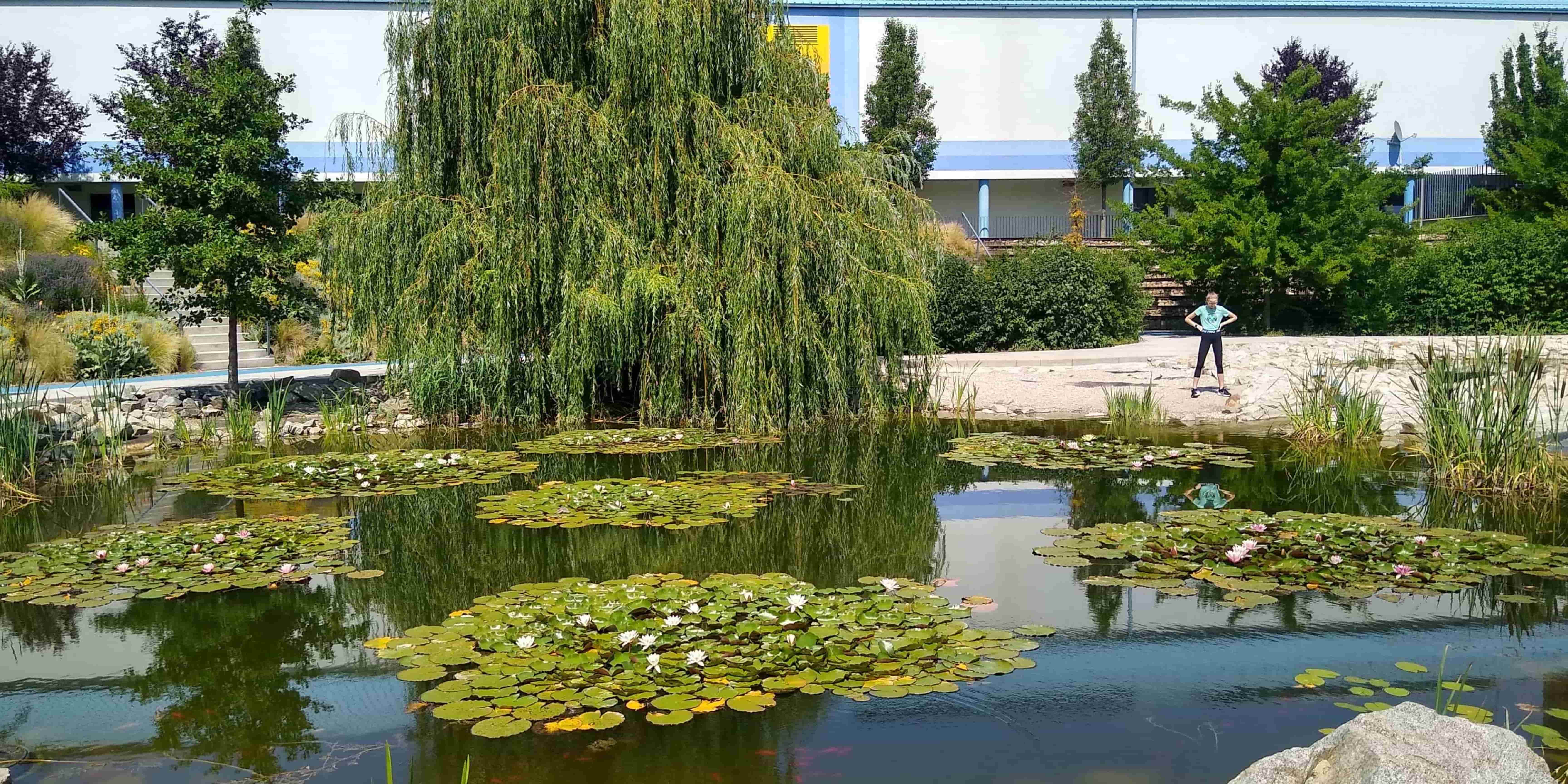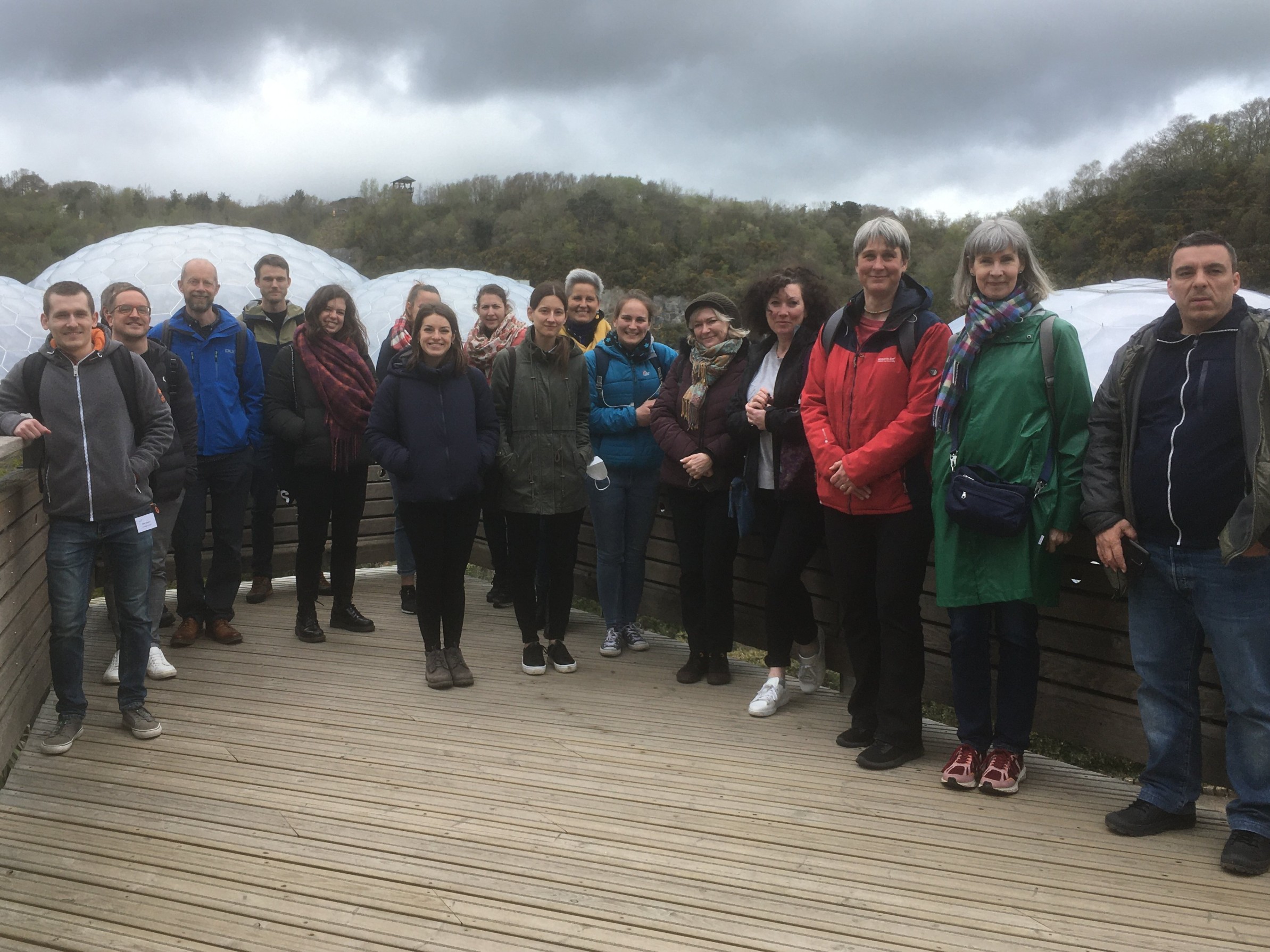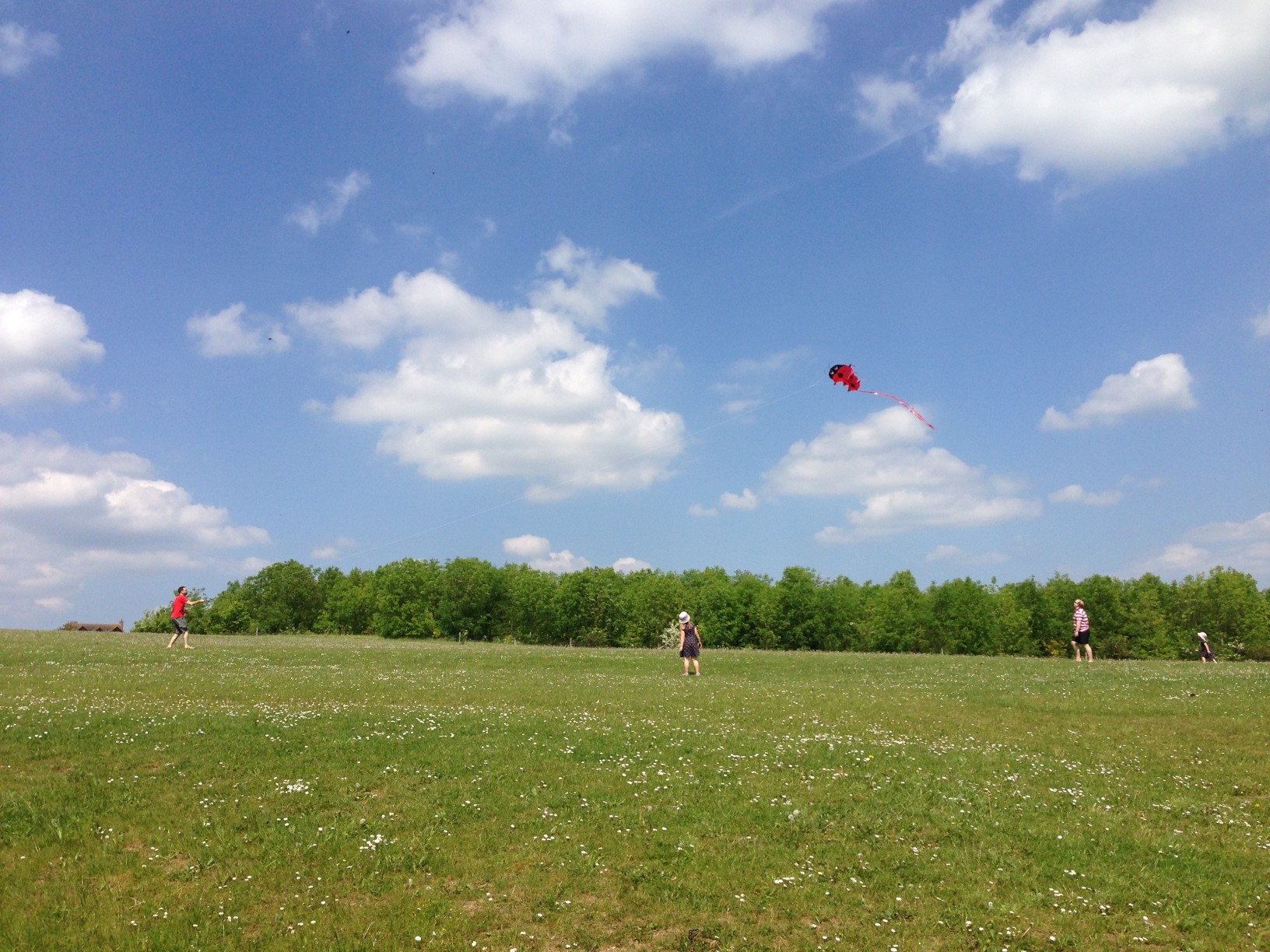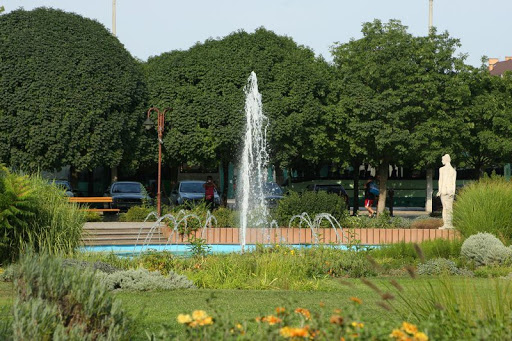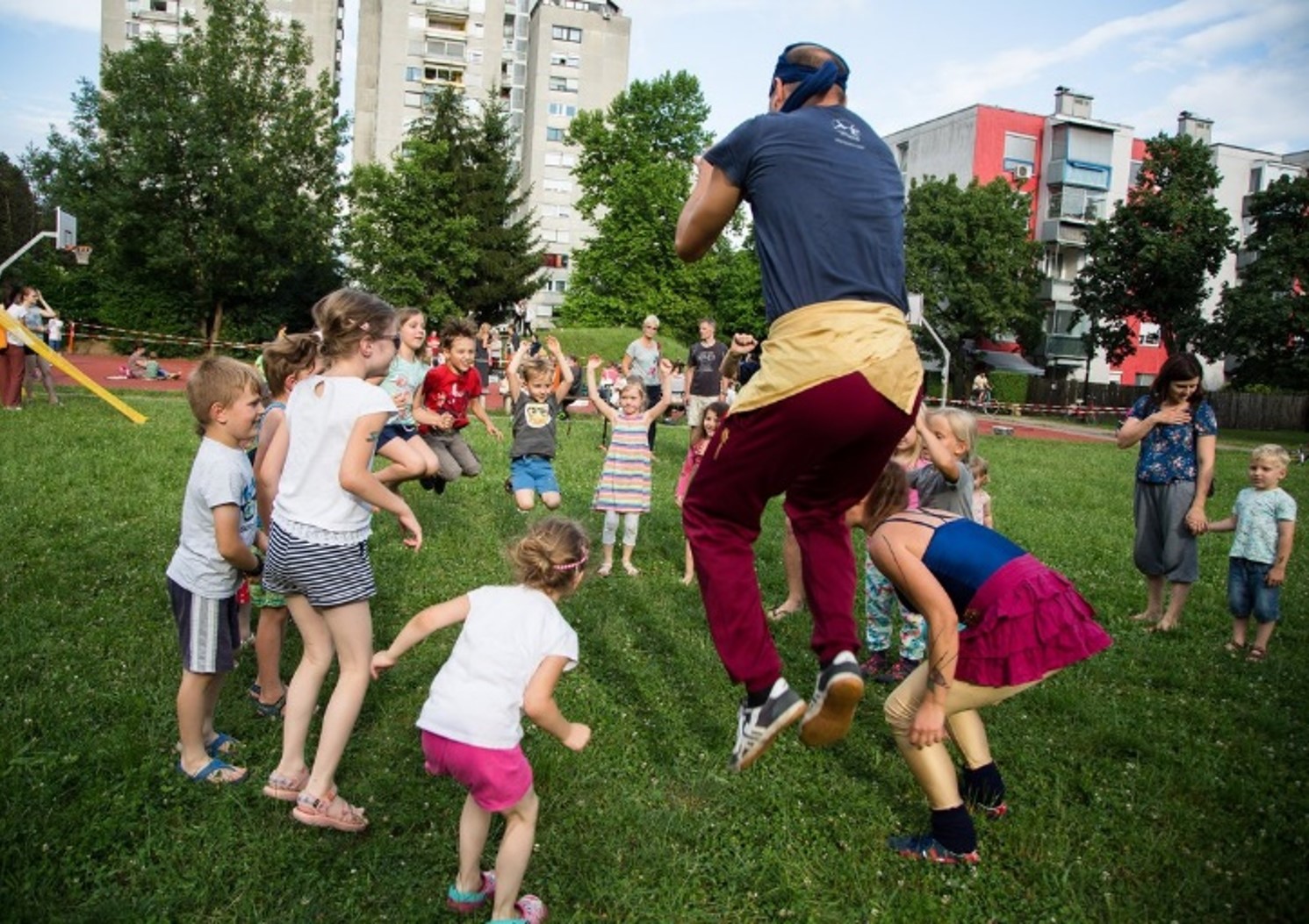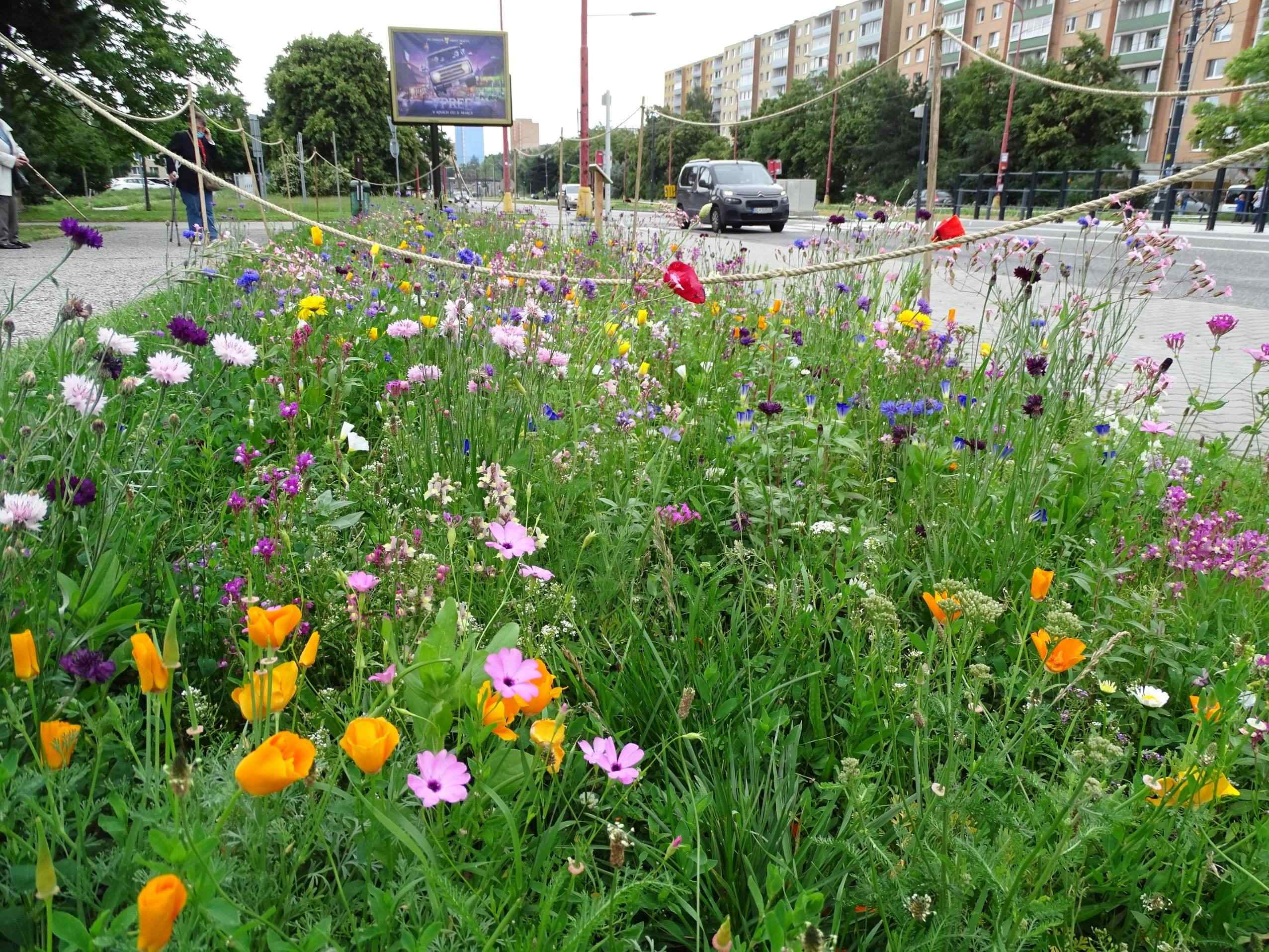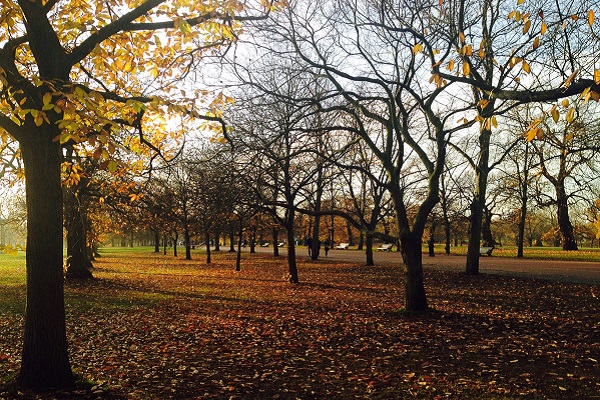In December 2021 the PERFECT partnership held a workshop for its partners and stakeholders on the ‘Increased recognition of the impact of GI on health and wellbeing as a result of Covid-19’. This is the second workshop held this Autumn, a summary of the first workshop can be found here.
The workshop started with a presentation from Professor Anna Jorgensen, Head of the Department of Landscape Architecture at the University of Sheffield and Amy Corcoran, Postdoctoral Research Associate at Royal College of Art. They presented two projects that explore how to make people feel better in nature. Anna talked about a project called Improving Wellbeing through Urban Nature (IWUN) which explored the relationship between urban populations and the natural environment in Sheffield. The headlines of the project are useful evidence to achieve goals of the PERFECT partnership:
• Quality of natural environments are just as important as quantity and distribution
• Context and access to green spaces are critical and
• Everyday landscapes matter
Amy delivered a presentation on Nature’s Way, a project in the lines of IWUN which explored co-creating methods for innovating nature-based solutions for public health and green recovery in a post Covid world.
Then, Gemma Hyde, from the TCPA, delivered a presentation on 20 minute neighbourhoods where she highlighted that the pandemic lockdown has led to a widespread understanding of the link between place and health. She talked about ‘good green spaces in the right places’ and the benefits of ensuring that everyone has access to high-quality parks and green spaces. More information about TCPA’s work on 20 minute neighbourhoods can be found here.
The presentations were followed by a discussion between the partners and stakeholders about the recognition of health benefits in their municipalities, whether they had evidence of the health benefits provided by green spaces during the pandemic and the inequality of access to green spaces. Most of the partners said that the benefits of green infrastructure on people’s health was recognised but for the majority of the situations there was no evidence.
One example where was evidence was in Ljubljana, where one of its stakeholders worked with in the nature protection unit at Tivoli Landscape Park. The park is a nature protected area and sensors were installed two years ago to monitor the visits. They found out that there were 2.5 times more visits on different parts of the trails. There was a particular increase in the narrow more hidden trails as people were seeking more space for themselves.
The two workshops in the scope of the extension of the PERFECT project through Interreg Europe’s ‘call for additional activities’ (5th Call) have been useful to reflect on the changes of views of GI as a result of the pandemic. A policy paper will be published in 2022 reflecting on those findings.
